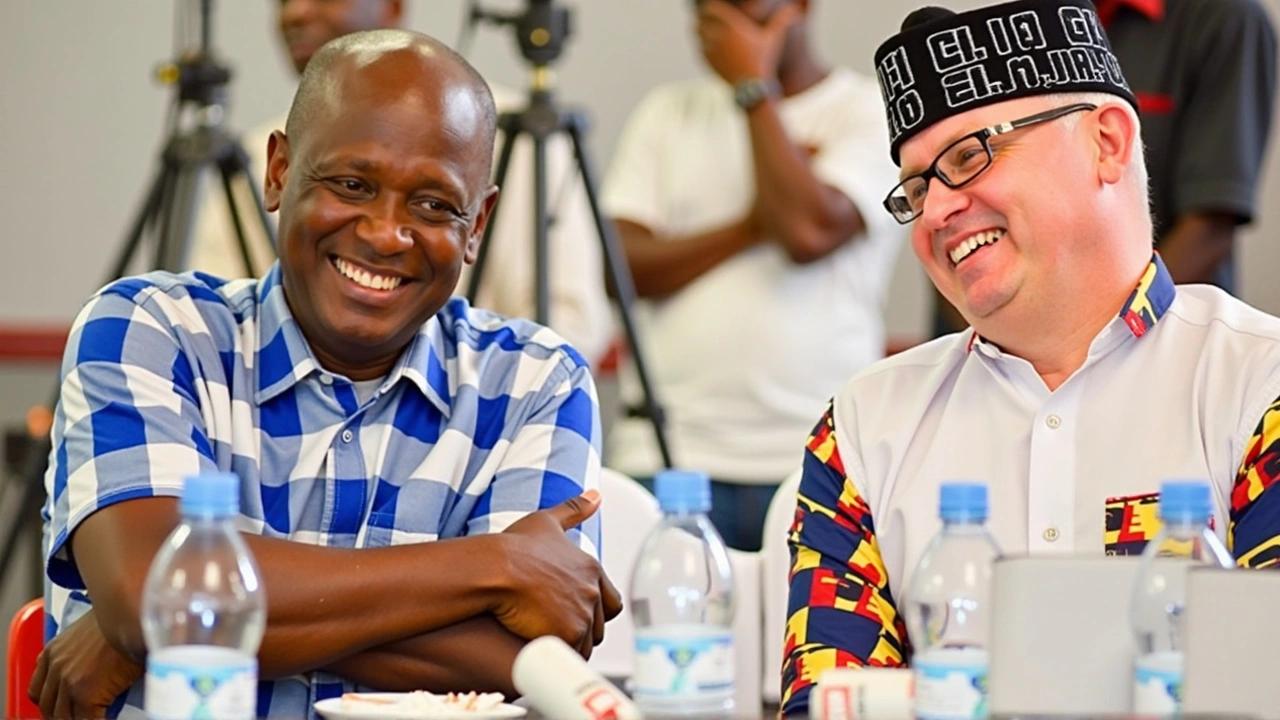Ever wondered why October 20th is so big in Kenya? That’s Mashujaa Day—a time to honor the everyday heroes and freedom fighters who helped shape the country. It’s not just another public holiday. For many, it sparks discussions about where Kenya’s come from and where it’s headed.
The name alone tells a story. Mashujaa means ‘heroes’ in Kiswahili. Before 2010, Kenyans called it Kenyatta Day, recognizing the country’s first president, Jomo Kenyatta. After a fresh look at the constitution, Kenya widened the focus. Now, it’s about everyone who plays a part in building a better nation, whether they’re big names in history or unsung neighbors making a difference in their communities.
This day isn’t just parades and politicians. You’ll see cultural performances, music, and local heroes getting some much-deserved shoutouts. At school events or family gatherings, people trade stories about those who’ve stepped up—during colonial struggles, in community projects, or even on the football field. It gives young Kenyans some real role models who prove that standing up for what’s right doesn’t always require fame or a government job.
You might hear debates pop up too—who counts as a shujaa? Is it only about the past, or do modern trailblazers make the cut? Farmers, teachers, front-line health workers, and young inventors all share the stage. The conversation keeps evolving, because every year brings new faces and fresh challenges.
But, Mashujaa Day isn’t just about Kenyan borders. Across Africa, the idea of honoring national heroes links communities, especially as countries grapple with history, identity, and unity. Schools talk about colonial resistance, climate warriors, and pioneers in science and sports. People swap recognizable tales—like Dedan Kimathi’s fight for independence, Wangari Maathai’s tree planting crusade, or Eliud Kipchoge’s running records. It’s as much about remembering the struggle as it is about celebrating what’s next.
Media and online voices play a huge role. Bloggers, journalists, and influencers shape the Mashujaa narrative every year. Want up-to-date stats or quick history lessons? Twitter, Facebook, and TikTok hosts will have plenty. Local radio programs give airtime to unsung heroes, raising real-world issues—corruption, unemployment, education, and the environment—through a hero’s lens.
If you’re outside Kenya and want in on the celebration, you’ll find plenty of virtual events. Diaspora groups and African communities worldwide use Mashujaa Day as a touchpoint for heritage, connection, and activism. It’s a flexible, inclusive holiday that fits a lot of voices and stories—whether that’s at a Nairobi stadium, a London church hall, or a Zoom call.
Ready to dig deeper? You’ll find news on this page covering Mashujaa Day ceremonies, stories of individual heroism, and how this tradition keeps adapting to new realities—from political speeches and community awards to grassroots campaigns. Mashujaa Day is more than a history lesson; it’s the nation’s heartbeat, pulsing through families, classrooms, and street parades every year.

In Kwale County, preparations for Mashujaa Day have been completed, set to focus on 'Affordable Housing,' part of a strategic economic agenda. The celebration will reveal government efforts in housing and economic progress. New infrastructure projects, like a stadium and road upgrades, mark significant development. The event will feature parades and displays, showcasing cultural diversity and promoting unity.
Read More >>